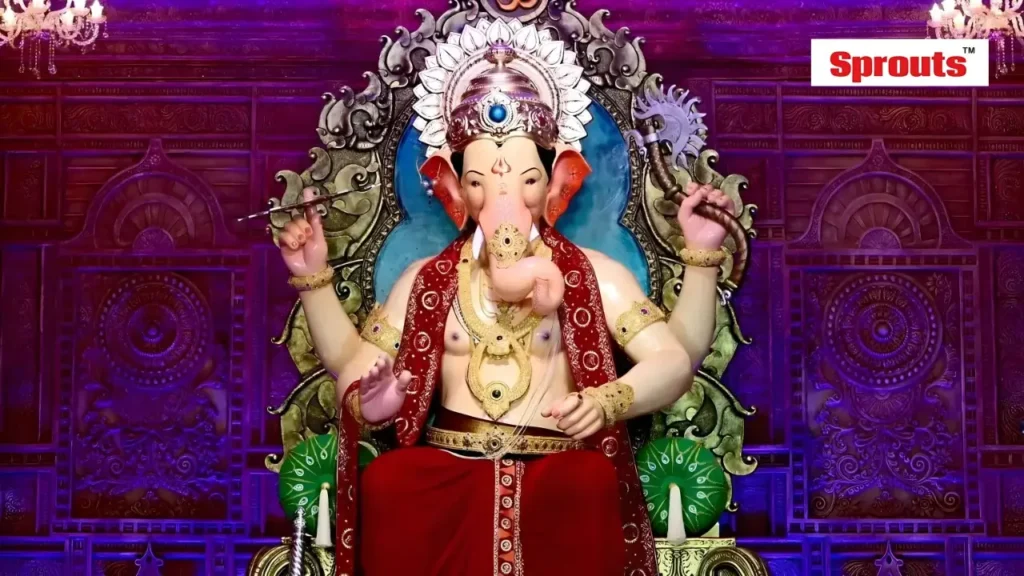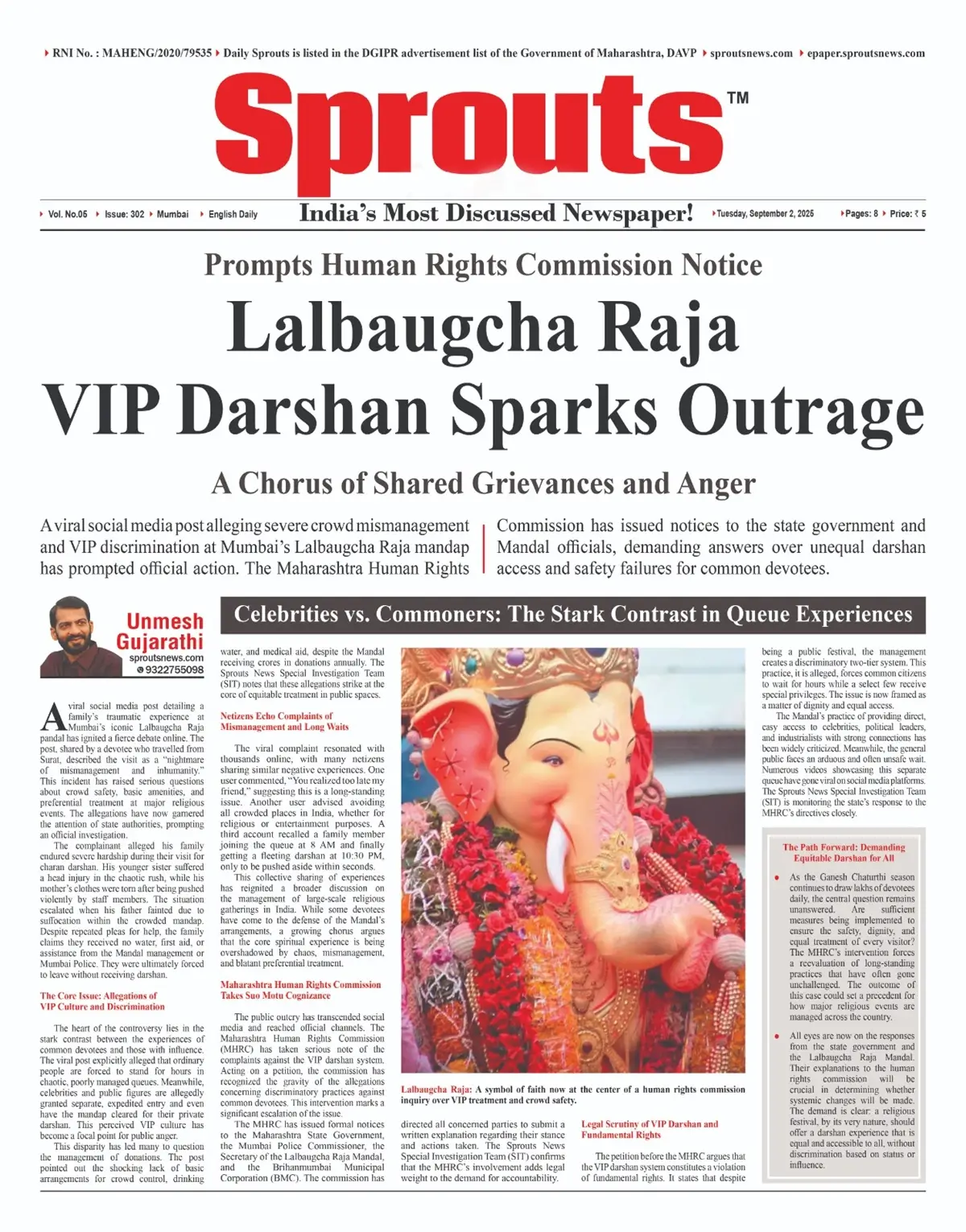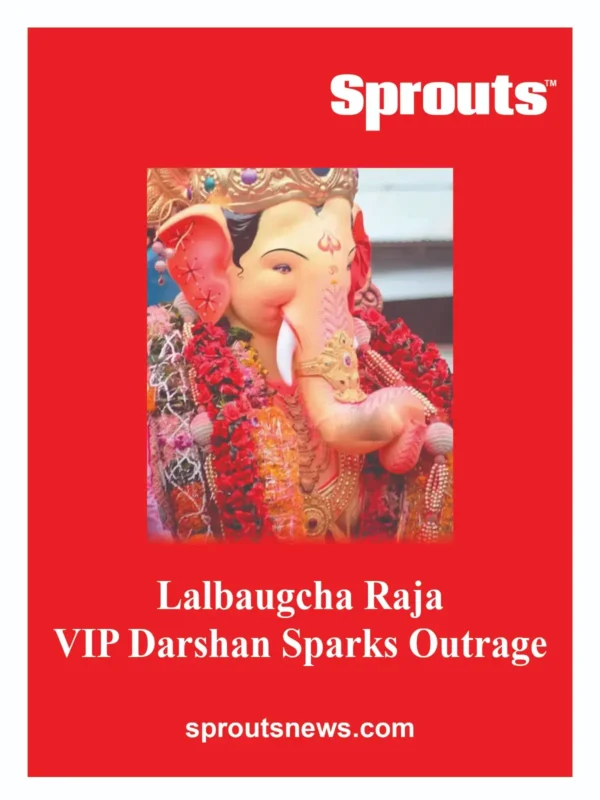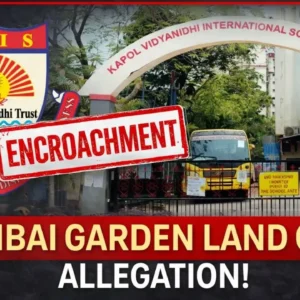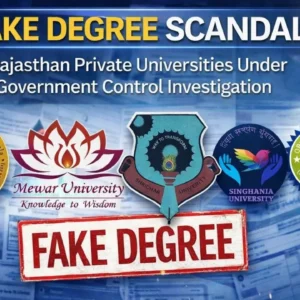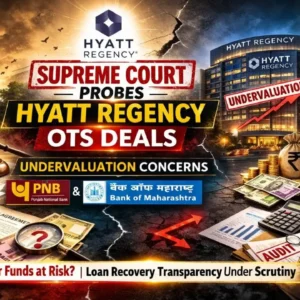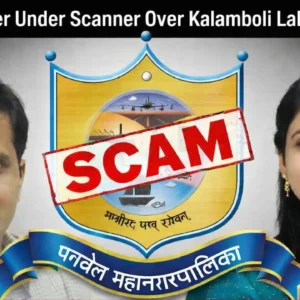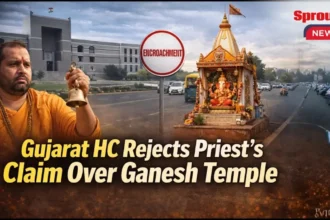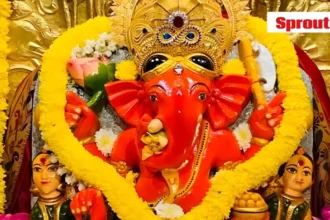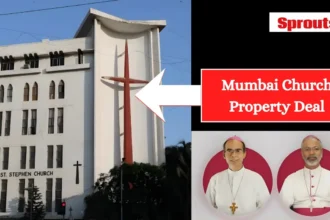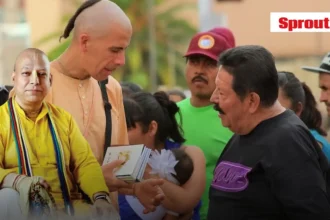Lalbaugcha Raja VIP Darshan Sparks Outrage
• Prompts Human Rights Commission Notice
• A Chorus of Shared Grievances and Anger
• Celebrities vs. Commoners: The Stark Contrast in Queue Experiences
Unmesh Gujarathi
Sprouts News Exclusive
Contact: +91 9322755098
- Lalbaugcha Raja VIP Darshan Sparks Outrage
- • Prompts Human Rights Commission Notice
- • A Chorus of Shared Grievances and Anger
- • Celebrities vs. Commoners: The Stark Contrast in Queue Experiences
- The Core Issue: Allegations of VIP Culture and Discrimination
- Maharashtra Human Rights Commission Takes Suo Motu Cognizance
- Legal Scrutiny of VIP Darshan and Fundamental Rights
- The Path Forward: Demanding Equitable Darshan for All
A viral social media post alleging severe crowd mismanagement and VIP discrimination at Mumbai’s Lalbaugcha Raja mandap has prompted official action. The Maharashtra Human Rights Commission has issued notices to the state government and Mandal officials, demanding answers over unequal darshan access and safety failures for common devotees.
A viral social media post detailing a family’s traumatic experience at Mumbai’s iconic Lalbaugcha Raja pandal has ignited a fierce debate online. The post, shared by a devotee who travelled from Surat, described the visit as a “nightmare of mismanagement and inhumanity.” This incident has raised serious questions about crowd safety, basic amenities, and preferential treatment at major religious events. The allegations have now garnered the attention of state authorities, prompting an official investigation.
The complainant alleged his family endured severe hardship during their visit for charan darshan. His younger sister suffered a head injury in the chaotic rush, while his mother’s clothes were torn after being pushed violently by staff members. The situation escalated when his father fainted due to suffocation within the crowded mandap. Despite repeated pleas for help, the family claims they received no water, first aid, or assistance from the Mandal management or Mumbai Police. They were ultimately forced to leave without receiving darshan.
Click Here To Download the News Attachment
The Core Issue: Allegations of VIP Culture and Discrimination
The heart of the controversy lies in the stark contrast between the experiences of common devotees and those with influence. The viral post explicitly alleged that ordinary people are forced to stand for hours in chaotic, poorly managed queues. Meanwhile, celebrities and public figures are allegedly granted separate, expedited entry and even have the mandap cleared for their private darshan. This perceived VIP culture has become a focal point for public anger.
This disparity has led many to question the management of donations. The post pointed out the shocking lack of basic arrangements for crowd control, drinking water, and medical aid, despite the Mandal receiving crores in donations annually. The Sprouts News Special Investigation Team (SIT) notes that these allegations strike at the core of equitable treatment in public spaces.
Netizens Echo Complaints of Mismanagement and Long Waits
The viral complaint resonated with thousands online, with many netizens sharing similar negative experiences. One user commented, “You realized too late my friend,” suggesting this is a long-standing issue. Another user advised avoiding all crowded places in India, whether for religious or entertainment purposes. A third account recalled a family member joining the queue at 8 AM and finally getting a fleeting darshan at 10:30 PM, only to be pushed aside within seconds.
This collective sharing of experiences has reignited a broader discussion on the management of large-scale religious gatherings in India. While some devotees have come to the defense of the Mandal’s arrangements, a growing chorus argues that the core spiritual experience is being overshadowed by chaos, mismanagement, and blatant preferential treatment.
Maharashtra Human Rights Commission Takes Suo Motu Cognizance
The public outcry has transcended social media and reached official channels. The Maharashtra Human Rights Commission (MHRC) has taken serious note of the complaints against the VIP darshan system. Acting on a petition, the commission has recognized the gravity of the allegations concerning discriminatory practices against common devotees. This intervention marks a significant escalation of the issue.
The MHRC has issued formal notices to the Maharashtra State Government, the Mumbai Police Commissioner, the Secretary of the Lalbaugcha Raja Mandal, and the Brihanmumbai Municipal Corporation (BMC). The commission has directed all concerned parties to submit a written explanation regarding their stance and actions taken. The Sprouts News Special Investigation Team (SIT) confirms that the MHRC’s involvement adds legal weight to the demand for accountability.
Legal Scrutiny of VIP Darshan and Fundamental Rights
The petition before the MHRC argues that the VIP darshan system constitutes a violation of fundamental rights. It states that despite being a public festival, the management creates a discriminatory two-tier system. This practice, it is alleged, forces common citizens to wait for hours while a select few receive special privileges. The issue is now framed as a matter of dignity and equal access.
The Mandal’s practice of providing direct, easy access to celebrities, political leaders, and industrialists with strong connections has been widely criticized. Meanwhile, the general public faces an arduous and often unsafe wait. Numerous videos showcasing this separate queue have gone viral on social media platforms. The Sprouts News Special Investigation Team (SIT) is monitoring the state’s response to the MHRC’s directives closely.
Also Read: Probe Launched Into Suhana Khan’s Alibag Land Scam by Raigad Officials.
Related Article: Faith and Fraud: Inside Lalbaugcha Raja Mandal’s Power and Wealth.
The Path Forward: Demanding Equitable Darshan for All
As the Ganesh Chaturthi season continues to draw lakhs of devotees daily, the central question remains unanswered. Are sufficient measures being implemented to ensure the safety, dignity, and equal treatment of every visitor? The MHRC’s intervention forces a reevaluation of long-standing practices that have often gone unchallenged. The outcome of this case could set a precedent for how major religious events are managed across the country.
All eyes are now on the responses from the state government and the Lalbaugcha Raja Mandal. Their explanations to the human rights commission will be crucial in determining whether systemic changes will be made. The demand is clear: a religious festival, by its very nature, should offer a darshan experience that is equal and accessible to all, without discrimination based on status or influence.


